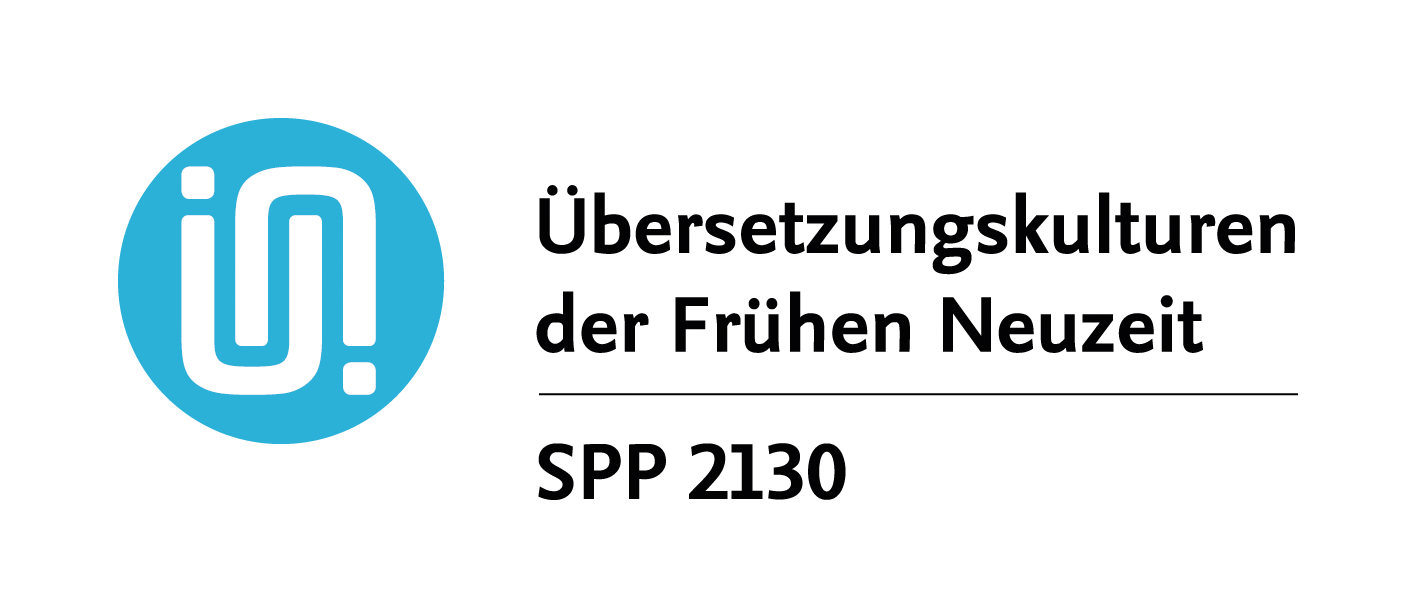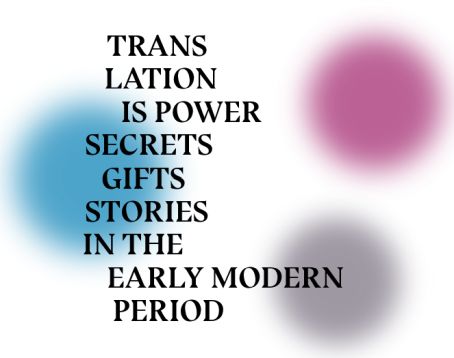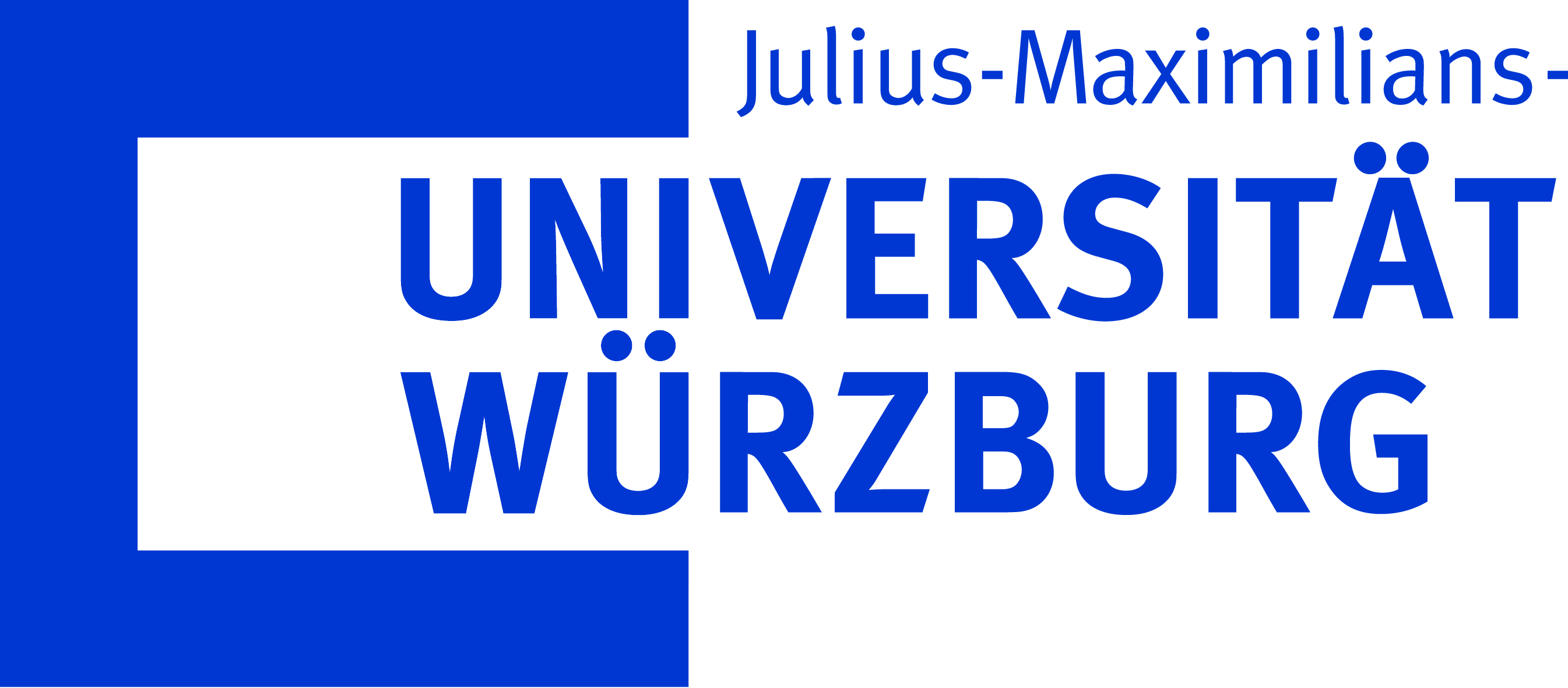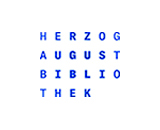Calender
Event Information:
-
Mon16Oct2023Wed18Oct2023Würzburg
WS: Towards Brazil in the XVIIth century. The representation of the new animal, plant and human world in the travelogues of Caspar Schmalkalden and Zacharias Wagener
SPP 2130 Mercator fellow Álvaro Bragança (UFRJ) offers a workshop for advanced undergraduate and graduate students at the University of Würzburg:
“Within early modern travel literature, two important works from the seventeenth century stand out with reference to Brazil: Die wundersamen Reisen des Caspar Schmalkalden nach West- und Ostindien (1642–1652) and the Thierbuch written by Zacharias Wagener. Both travel literary texts offered historical readers insights into the plant, animal and human world of the newly explored regions of South America, which until then had been largely unknown to European people. In this block seminar, building on observations of Hans Staden's sixteenth-century account of Brazil and drawing on my own translations of the aforementioned corpora, we will approach some of the particularities of the plants, animals, and natives depicted by these travelers from an Old World perspective.”
Report
16.–18. Okt. 2023, Philosophische Fakultät Würzburg
What do art history, Latin studies, and German studies have in common? Outside the obvious, not all that much at first sight. And nevertheless, a group of undergraduates and doctoral and post-doctoral candidates from those very disciplines recently had a rare and eye-opening opportunity to go on a voyage together across temporal, spatial, and cultural boundaries. On 16 October Anno Domini 2023, with SPP Mercator Fellow Prof Dr Álvaro Bragança (Rio de Janeiro, UFRJ) at the helm, we set sail and put out to sea. For our multi-academic, interdisciplinary party, however, it wasn’t “We’re off to Narragonia”, but “We’re off to Brazil”—by the only means available to the majority of the Old World’s population: the reports and notations of others. With the aid of accounts ranging from Hans Staden’s sixteenth-century report on Brazil to the wondrous journeys of Caspar Schmalkalden (1642–1652) to Zacharias Wagner’s Thierbuch, we explored the flora, fauna, and humanity of Brazil in exactly the same way the historical readership did four centuries before us. At a ratio of 4 to 5, we undergraduates may have been in the minority, but Mr Bragança addressed us all as his “valued colleagues”. In combination with his warmth, sense of humour, and occasional dash of self-irony, that made for an eye-level atmosphere not often experienced at university events. But rather than reporting in all detail on our discussion topic no. 1 – the anthropophagy of the indigenous Brazilians –, most likely spoiling your appetite in the process, I’d like to call your attention to the essence, to what made this block seminar so unique. It was the intra/interdisciplinary dialogue Mr. Bragança inspired, which led to no paltry number of hypotheses – and quite possibly the one or other future doctor’s or master’s thesis topic. We have his efforts to thank for the fact that medievalists of various disciplines found their way to one another to indulge in extremely productive discussion on specialist subjects. And isn’t that one of the declared aims of the priority programme – to build bridges between cultural studies disciplines?
Katharina Hess




